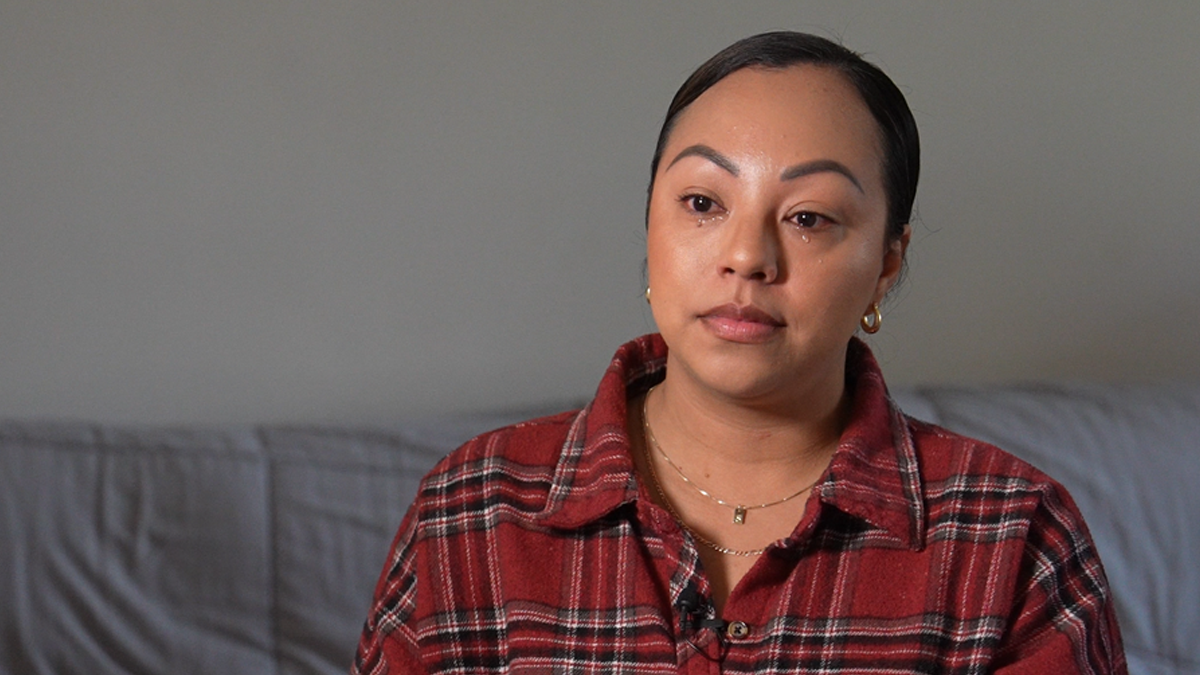The San Diego County Board of Supervisors learned Tuesday that 91 flu-related deaths have been reported in San Diego County so far this season.
An additional 46 people died from the flu last week, bringing the total number of fatalities to 91, the County Health and Human Services Agency announced. In comparison, there were a total of eight influenza deaths in the county last season, said county health officials.
During a presentation, county health officials spoke about the number of deaths to the board. This announcement followed last week's meeting when the board asked whether a flu emergency needed to be declared.
Although flu-related deaths spiked, the number of lab-confirmed flu cases dropped last week, according to a county health report. There were 2,992 flu cases reported last week, which marks a decrease of 362 cases since the previous week. In that prior week, there were 3,354 cases reported.
“Declaring a local health emergency is a public health tool that we believe should be used judiciously when local resources are exhausted,” said Nick Yphantides, M.D., M.P.H., County chief medical officer, in a statement. “It is very important to note that the CDC and the state have not declared an emergency, at present, as resources have not been exhausted.”
After accepting the report, the board did not pursue any emergency action. But Wilma Wooten, M.D., M.P.H., the Health Officer and Director of Public Health Services, told the board that it's still important for people to get the flu shot.
“The flu vaccine is the best public health tool we have, and an annual flu shot is recommended to everyone over six months,” Wooten said, in a statement. “The vaccine helps your body develop protection in two weeks and can lessen severity if one gets the flu. The vaccine is matched with all four circulating strains.”
About 70 percent of the people who died from the flu this season were not vaccinated, according to Pouya Afshar, M.D., Chief Medical Officer of Integrated Healthcare Alliance.
There were emergency department visits for 11 percent of all visits for flu-related illnesses last week, compared to 13 percent the previous week. There have been a total of 10,324 lab-confirmed cases of influenza this season as of Tuesday compared to 1,352 last season, according to the county.
Local
County health officials reminded the public that it's not too late to get a flu shot. The Centers for Disease Control and Prevention said it takes two weeks for immunity to develop.
Dr. Ahmad Bailony, a pediatrician with Sharp Chula Vista Medical Center said those at risk of serious injury or very rarely death are almost always over age 65 or under 5 years old.
Bailony told NBC 7 that parents shouldn't worry too much if their child is only running a fever, although they may call their doctor's office for reassurance and advice.
If someone is unsure if their symptoms are flu-related, an at-home flu test kit can be obtained by calling (619) 340-0588. Most insurance companies will cover the test.
Some more concerning signs to watch for are labored breathing or trouble taking and eliminating fluids along with a fever. Bailony said to seek medical advice for children younger than 5, and especially children younger than 2, if they develop shortness of breath, severe cough, headache or worse symptoms.
"And your kid has a fever plus, they’re not feeding well, or they’re breathing really quickly, or that fever’s gone on more than three days, then you’ve got to get them checked by your pediatrician," Bailony said.
Kids with other medical problems such as asthma, down syndrome and immune system compromises are also at higher risk, he said.
“Those are the kids that are more at risk, or just obviously, just really, really young kids. So any kid under two, I would be on a higher alert," Bailony said.
There are shortages of Tamiflu at some pharmacies, Bailony said. That's an antiviral medicine used to treat people two weeks of age and older who have flu symptoms. But he said if you call different pharmacies it should be possible to find a place with the medicine in stock.
People at high risk of developing serious complications from the flu include those with chronic medical conditions, pregnant women, people age 65 and older and anyone who lives with others at higher risk, according to county health officials.
The best practices to avoid getting sick include frequent hand washing, using hand sanitizers, staying away from sick people, avoiding touching your eyes, nose and mouth, and cleaning commonly touched surfaces.
If you catch the flu, county health officials recommend staying home and avoiding contact with others.



